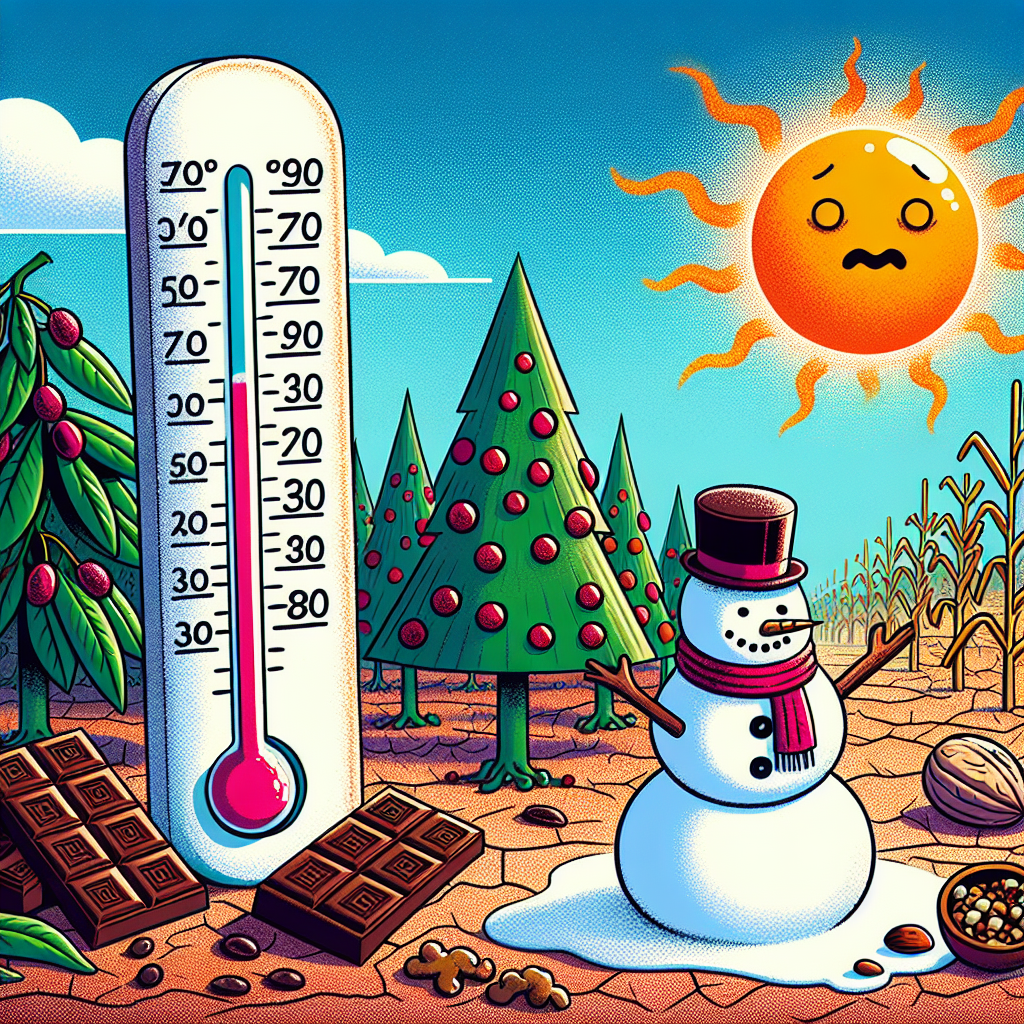Christmas dinner favorites at risk due to climate change, drought, and high energy prices.
As temperatures continue to rise and droughts become more frequent, the traditional Christmas dinner may look very different in the future. The combination of these factors, along with soaring energy costs, is putting beloved holiday dishes at risk.
According to recent studies, the global average temperature has risen by 1.1 degrees Celsius since the pre-industrial era. This may not seem like a significant increase, but it has already had a major impact on our food supply. As temperatures continue to rise, crops are struggling to adapt, leading to lower yields and poor quality produce.
In addition to rising temperatures, droughts are becoming more common and severe. This means less water for crops, which can lead to crop failures and shortages. In fact, the United Nations estimates that by 2050, up to 25% of the world’s food production could be lost due to climate change.
But it’s not just the weather that is affecting our food supply. The rising cost of energy is also playing a role. As energy prices continue to soar, farmers are facing higher costs for fuel, electricity, and other resources needed to grow and transport their crops. This ultimately leads to higher prices for consumers.
So, what does this mean for our Christmas dinner? Traditional favorites like roast turkey, potatoes, and vegetables may become more expensive and harder to come by. In some cases, they may even be replaced by alternative options due to shortages or high prices.
But it’s not just about the food on our plates. The impact of climate change on our food supply has far-reaching consequences. It affects the livelihoods of farmers, the economy, and ultimately, our health and well-being.
As consumers, we can make a difference by supporting sustainable and locally sourced food options. This not only helps reduce our carbon footprint but also supports local farmers who are facing the challenges of climate change.
In conclusion, the rising temperatures, drought, and soaring energy costs are putting our favorite Christmas foods at risk. It’s a wake-up call to take action and make changes to our food system before it’s too late. Let’s make this holiday season a time to reflect on the impact of our choices and make a conscious effort to support a more sustainable and resilient food supply.

